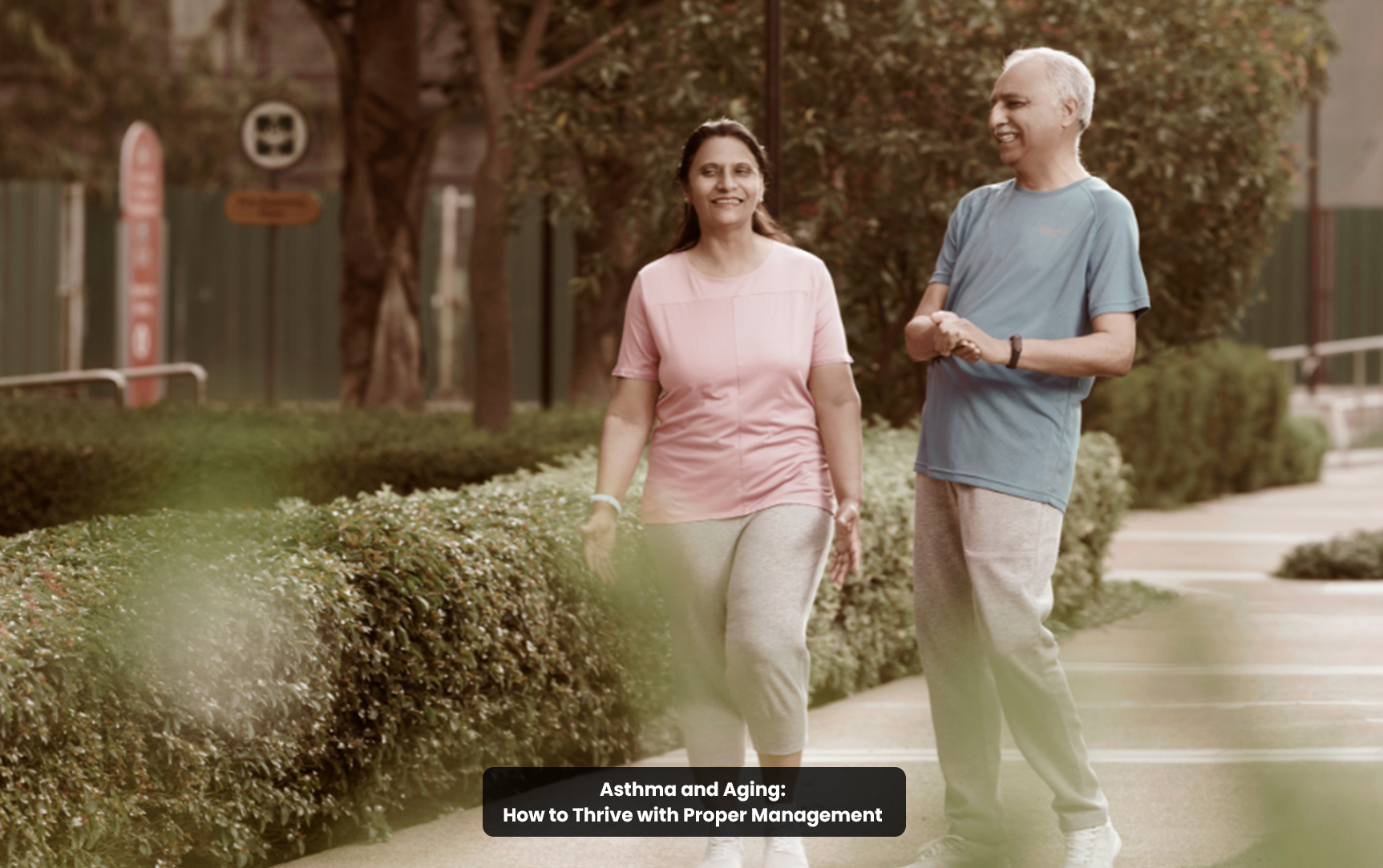
Yes. It’s called late-onset asthma and is surprisingly common. Allergies, infections, or environmental factors might trigger it. Diagnosis can take time because symptoms mimic other conditions.
Absolutely. But they must be used correctly. Sometimes, doctors may recommend spacers or nebulisers if coordination is an issue.
Asthma symptoms often come with wheezing and are more likely to worsen with allergens or exercise. Heart-related breathlessness may come with swelling, fatigue, or irregular heartbeat. Always consult a doctor to be sure.
Yes, and it’s encouraged! Just consult your doctor first and choose low-impact activities. Warm up well and keep your reliever inhaler nearby.
Clean air, minimal dust, controlled humidity, and minimal exposure to smoke or strong scents. Green, open environments like Ashiana’s campuses can significantly reduce triggers and enhance lung health.
Ashiana, Ashiana Housing build homes. Homes surrounded by vast green spaces and fresh breeze. Homes cocooned in secured gated complexes. Homes where futures are forged and there are opportunities to grow. And Homes in environments brimming with healthy activity, trust and respect. At heart, we build communities with care.
Other posts by Ashiana
Join 1000+ of fellow readers. Get expert real estate knowledge straight to your inbox absolutely free. Just enter your email address below.